Google Chrome is no longer ‘deprecating third-party cookies’
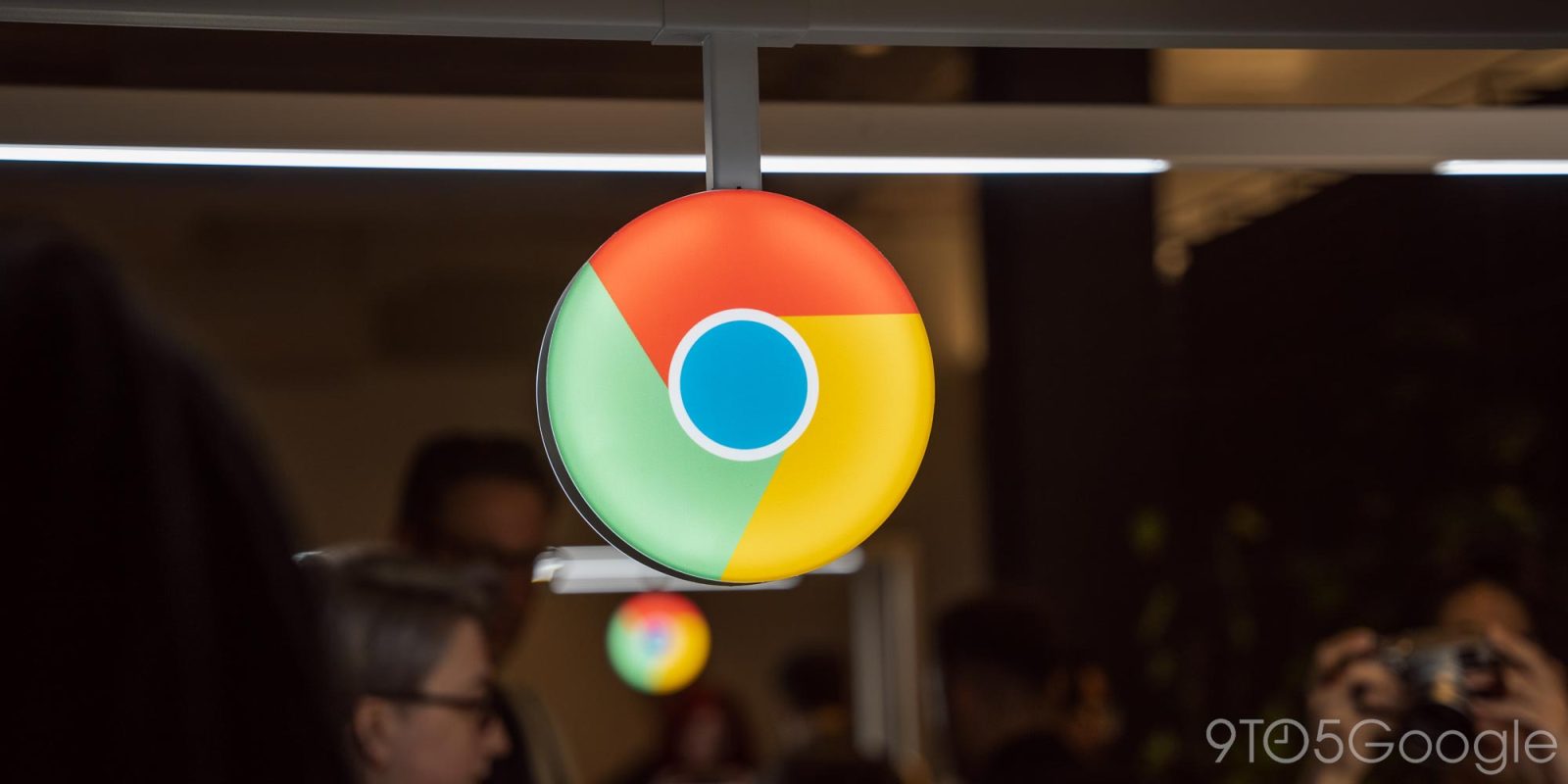
In a rather stark turnaround, Google is no longer ending support for third-party cookies in its Chrome browser.
Expand Expanding Close
In a rather stark turnaround, Google is no longer ending support for third-party cookies in its Chrome browser.
Expand Expanding Close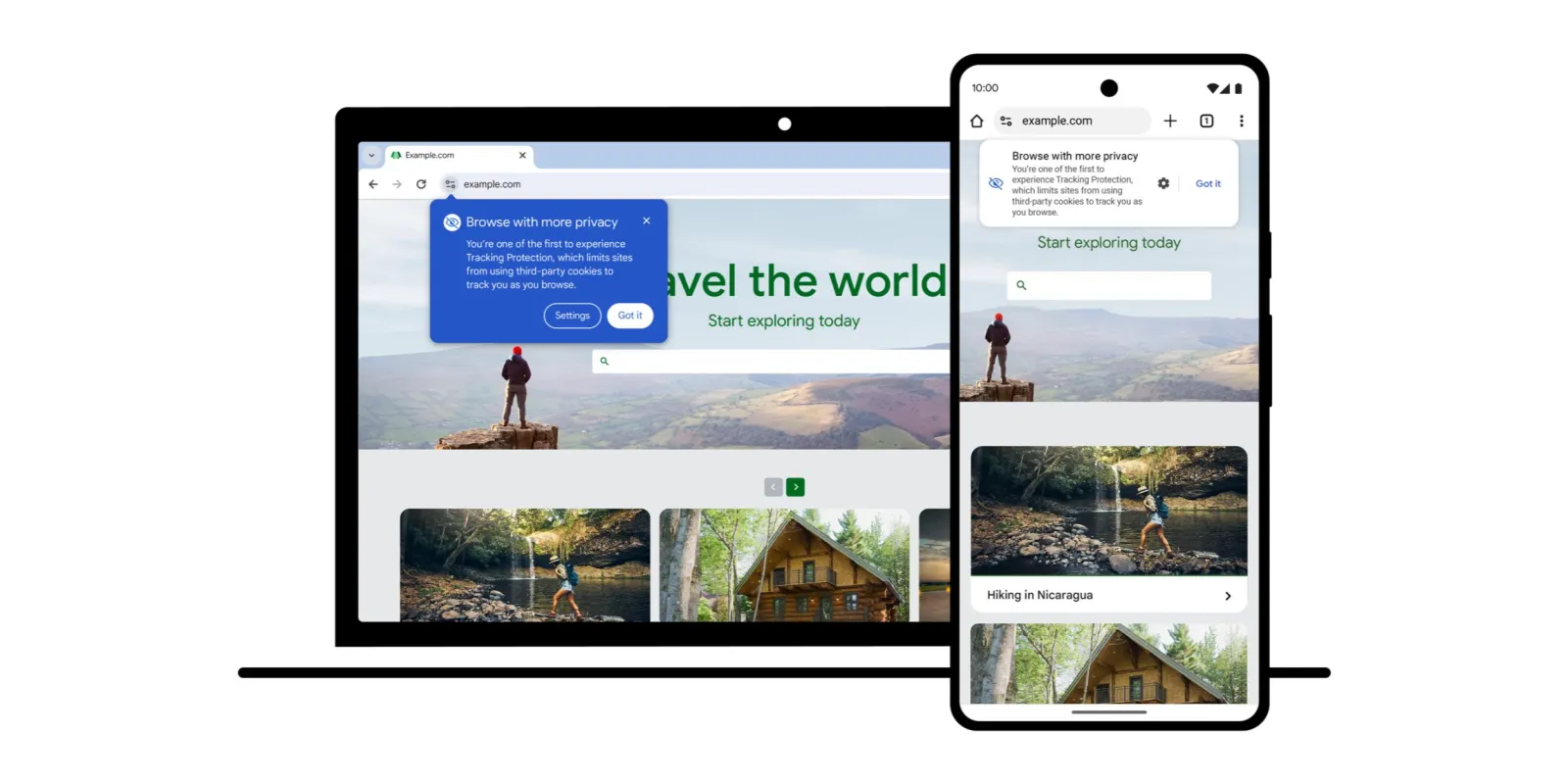
Google originally planned to get rid of third-party cookies in Chrome by 2022. Following two delays, Google yesterday announced a third to 2025.
Expand Expanding Close
Google is in the final stages of phasing out support for third-party cookies in Chrome. Ahead of a wide rollout in the second half of 2024, Chrome in January will start testing “Tracking Protection.”
Expand Expanding Close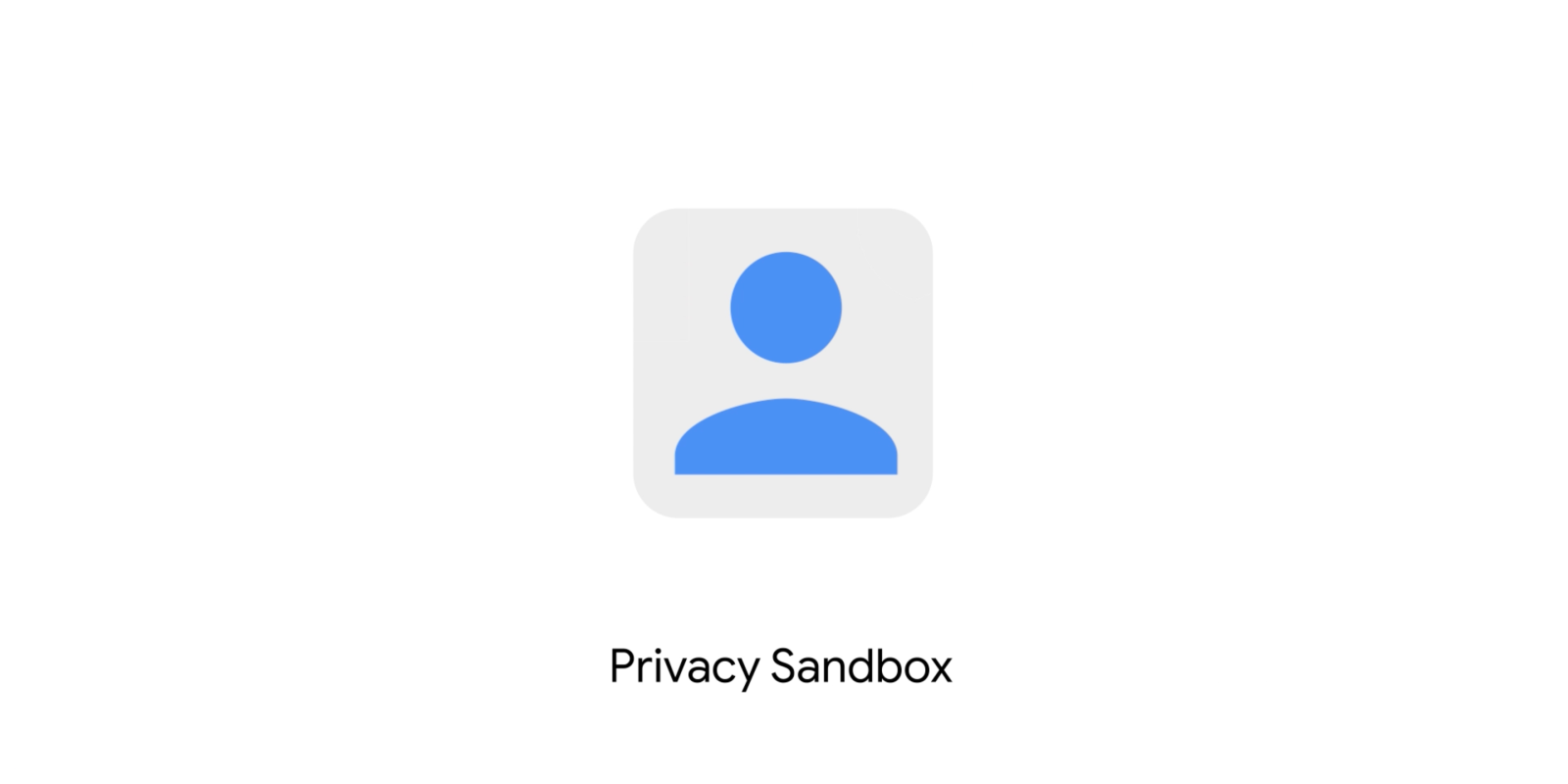
Google announced today that “Privacy Sandbox for the Web” has reached general availability (GA) in Chrome.
Expand Expanding Close
Besides Chrome, Google’s Privacy Sandbox initiative is on Android to let apps show you relevant ads in a more private manner. The beta started earlier this year, and Google is now prompting more users about it with new Ad privacy settings.
Expand Expanding Close
Google’s work on Privacy Sandbox continues with key APIs for publishers and advertisers going live in the Chrome browser starting this July.
Expand Expanding Close
Back in February, Google started rolling out the Privacy Sandbox Beta on Android 13, and some users are now being asked to join the “ads privacy beta.”
Expand Expanding Close
Chrome is currently set to phase out third-party cookies in 2024, and Google has been working on privacy-preserving alternatives for ads and publishers. Google Ads today shared the results of an experiment comparing the existing system to the upcoming replacement.
Expand Expanding Close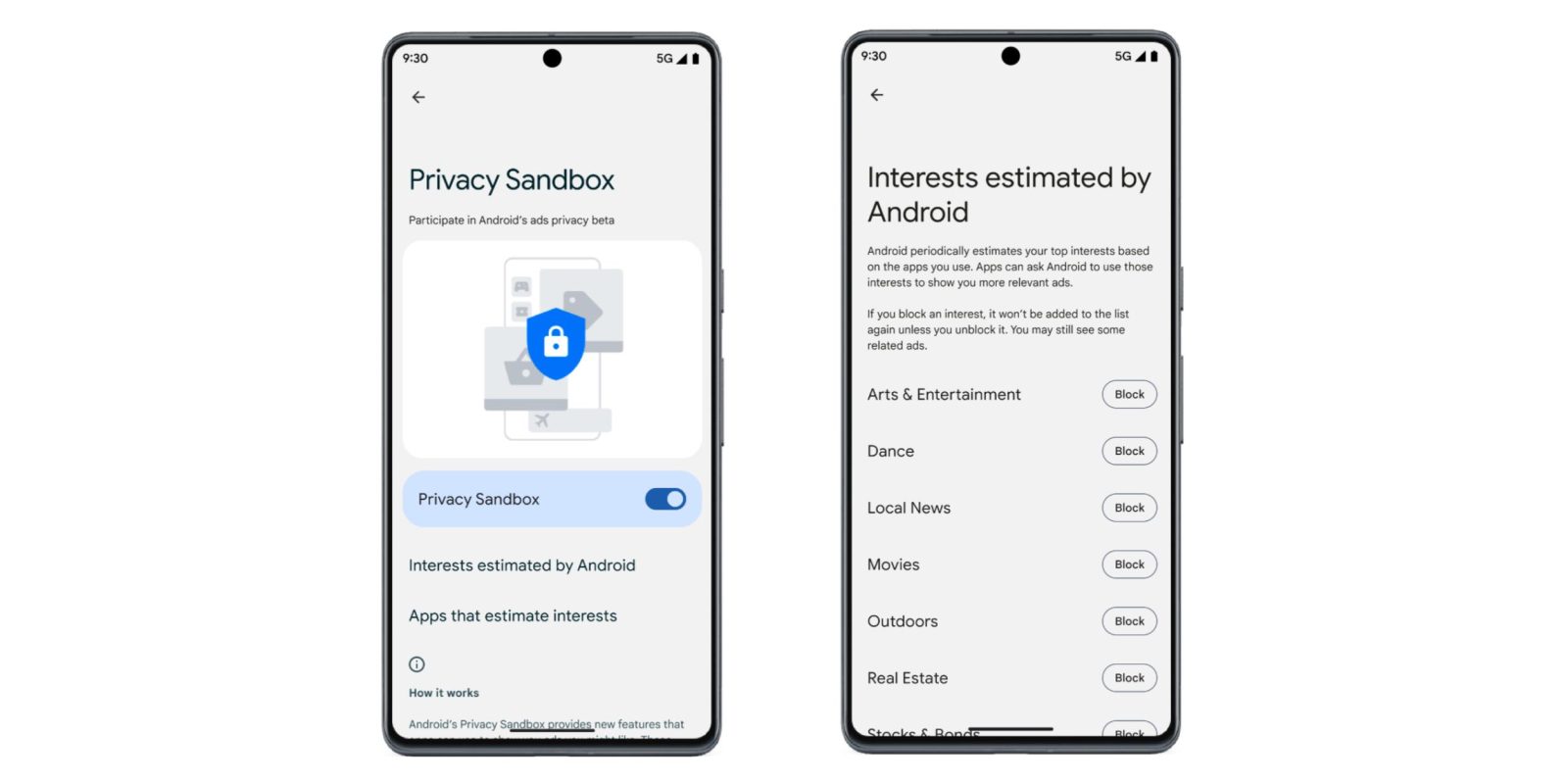
Last February, Google announced Privacy Sandbox on Android as a way to provide safer advertising techniques that preserve user privacy and keep the industry “healthy.” Privacy Sandbox is now launching in beta on Android 13 devices.
Expand Expanding Close
After several months of developer previews, Privacy Sandbox is entering beta for Android 13 early next year so that developers can more widely test “private advertising solutions.”
Expand Expanding Close
Google was originally planning to get rid of third-party cookies in its browser by 2022, but that was later pushed back to 2023. That cookies deadline for Chrome is now being delayed to 2024.
Expand Expanding Close
Following the first release in late April, Google is now rolling out Privacy Sandbox Developer Preview 3 with APIs for conversion measurement, custom audiences, and ad selection.
Expand Expanding Close
As work on the Chrome version continues, Google announced the Privacy Sandbox for Android in February to make mobile advertising more privacy-conscious. A Privacy Sandbox Developer Preview is now available today “on top of” Android 13.
Expand Expanding Close
At the start of 2022, Google announced that the Privacy Sandbox was dropping FLoC as its proposal to replace third-party cookies for online ads. The company shared today that it will start trialing FLEDGE, Attribution Reporting, and Topics in Chrome and showed off end user control settings for the latter.
Expand Expanding Close
As work on the web version continues, Google announced today that it’s bringing Privacy Sandbox to Android.
Expand Expanding Close
At the start of 2021, Google offered the Federated Learning of Cohorts (FLoC) as a replacement for third-party cookies used to place relevant ads on sites. Following criticism and feedback over the past year, Google today proposed the Topics API as a new solution.
Expand Expanding Close
Earlier this year, Google said it would delay its plan to replace third-party cookies and started offering a detailed schedule. The Privacy Sandbox timeline is seeing its monthly update today, and Chrome will not begin testing FLoC and other ad/relevant content technology until Q1 of next year.
Expand Expanding Close
Last month, Google announced that it would delay Chrome’s plan to phase out support for third-party cookies. As part of that, the company provided more details about the Privacy Sandbox and has today released a rollout timeline.
Expand Expanding Close
At the start of 2020, Google announced a plan to make third-party cookies “obsolete” in Chrome as part of its Privacy Sandbox initiative. In an update, the company said “more time is needed across the ecosystem to get this right” but did provide a more firm timeline today.
Expand Expanding Close
The Privacy Sandbox is Google’s initiative for building a more private web, and a key aspect involves phasing out support for third-party cookies in Chrome through an alternative called FLoC. Given Google’s reach, the change was always going to be contentious, and it today offered a series of Privacy Sandbox commitments.
Expand Expanding Close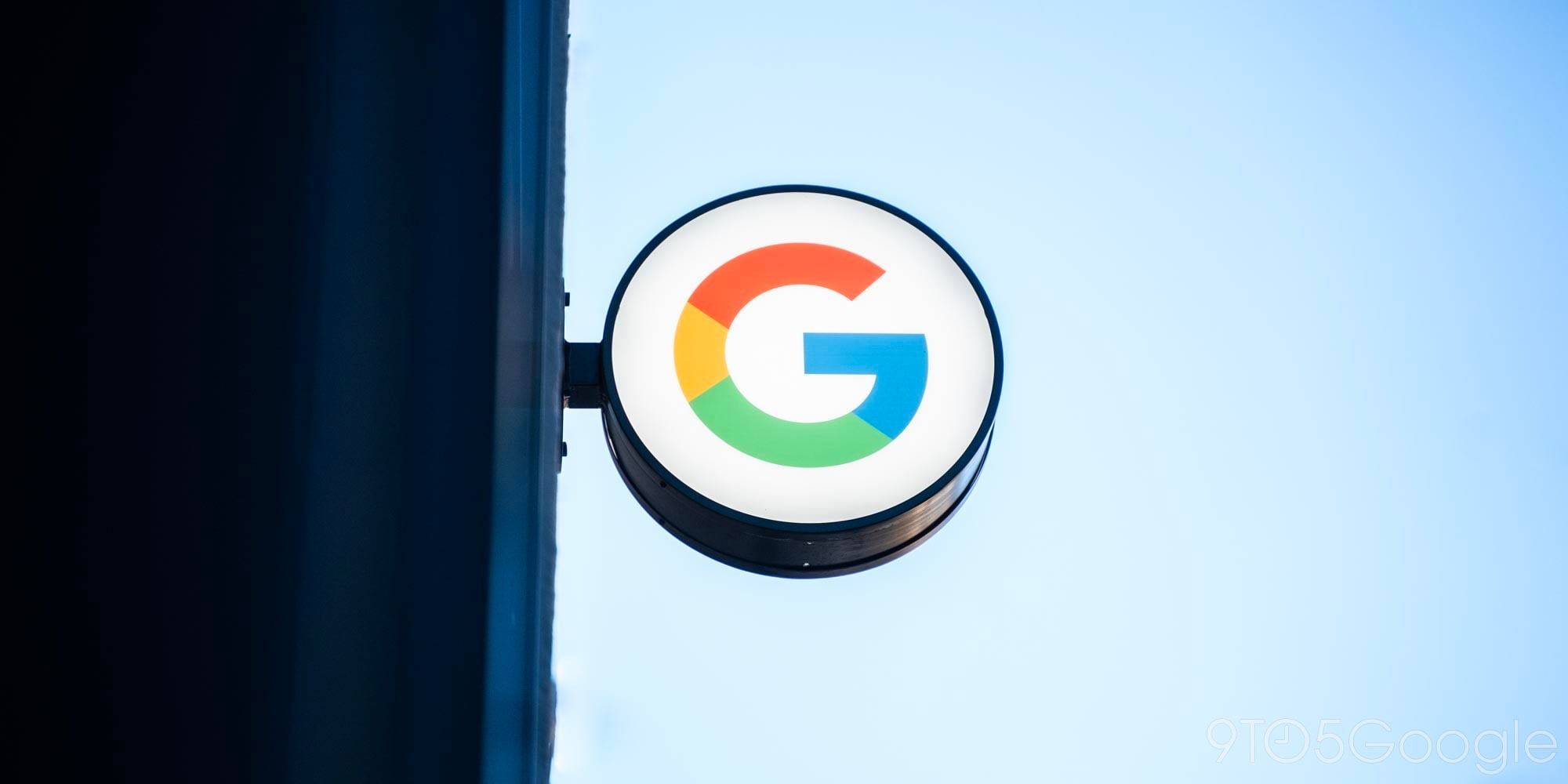
Google announced the Privacy Sandbox in 2019 to build a more private web through open standards. The most ambitious aspect is phasing out support for third-party cookies, with Google Chrome now starting a developer test of Federated Learning of Cohorts (FLoC).
Expand Expanding Close
Google is phasing out Chrome support for third-party cookies and plans to replace them with privacy-preserving alternatives. Once that has occurred, the company “will not build alternate identifiers to track individuals as they browse across the web, nor will we use them in our products.”
Expand Expanding Close
Back in 2019, Google announced an initiative to build a more private web through open standards. The most ambitious aspect of the Privacy Sandbox is phasing out support for third-party cookies, with the Google Chrome team providing a road map for 2021 today.
Expand Expanding Close
Last year, Google announced the “Privacy Sandbox” initiative to build a more private web through open standards. The biggest move was in January when Chrome said it would “phase out support” for third-party cookies. One alternative being proposed and now available for developer testing are “Trust Tokens” to deal with ad fraud.
Expand Expanding Close